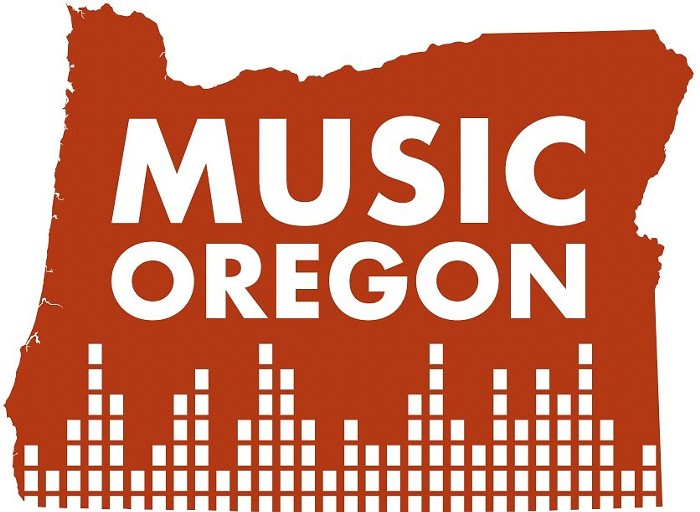The night of January 30 was perhaps the most anticipated show of the year to date: the talked about, fawned over, overnight New York sensations MGMT and Yeasayer. It was a frantic clusterfuck. Either band was probably capable of selling out the joint (Holocene) by themselves, yet here they were, together. And so many fans—or perhaps those just wanting to know what all the fuss was about—were left outside.
Yeasayer, the original headliner, was bumped down and played first. They absolutely killed it—cracking like a whip, with a sound all their own. Then it was MGMT, fresh from a stint on David Letterman. In the moments before those first chords, the room was ablaze. But quickly, the wet blanket descended.
MGMT sounded little like their tightly produced, well-layered, dynamically varied debut, Oracular Spectacular. They were all washy guitars and the drummer stunk. It wasn't breathing. We waited, thinking maybe it was an issue of sound, or that they just needed to warm up. But the air and clarity never came. As the audience thinned it became clear just how much Flaming Lips producer Dave Fridmann had contributed to MGMT's album. But it was even more than that.
"We got signed at a point where we hadn't really talked to each other for the last six months," singer Andrew VanWyngarden told the BBC. "We had never thought of MGMT as a real band. We didn't even have a live act."
By the time the hit broke, however, MGMT apparently hadn't remedied either of those problems. On stage, they didn't appear to be having a good time—especially the bassist, who looked terribly bored. Afterward he sulked around the club alone.
How the MGMT situation plays out should be an interesting one. Certainly with practice or perhaps a new backing band they may be able to turn around the live shows, which is requisite for success in the downloading age. But there may be a bigger cloud looming over their heads.
MGMT is one of the few indie-styled bands recently to sign and debut with a major label (Columbia). Others of the same ilk, despite interest, opted for indies. Being with a major, however, hasn't given MGMT a particular boost in sales (as of March they've moved 21,000 albums). When it comes down, how will the label pressure be met? In the end, perhaps the most telling thing to watch for is how the major labels react. Could MGMT be the last fly-by-night indie band to make the jump to a major label debut?
MGMT plays the Doug Fir Lounge on Tuesday, April 22.


















